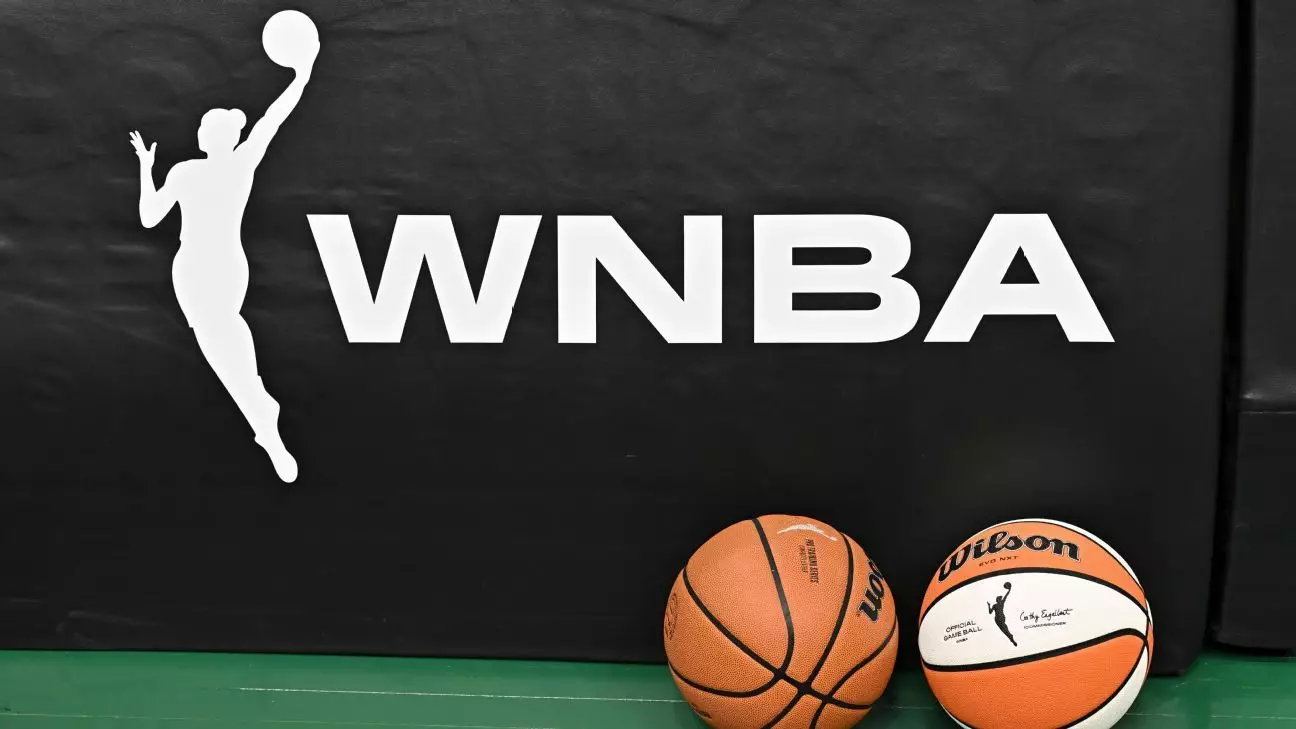The recent gathering of over 40 WNBA players, including prominent figures like Caitlin Clark, Paige Bueckers, and Angel Reese, symbolizes more than just a meeting—it underscores a larger struggle for dignity, respect, and fair compensation in women’s professional sports. While the league’s booming revenue—highlighted by a substantial $2.2 billion media rights deal and aggressive expansion plans—suggests a golden era for the WNBA, the players’ voices reveal a starkly different reality. Their call for a transformative collective bargaining agreement (CBA) is rooted in a desire to secure their rightful share of the business they power. It’s clear that, despite record-breaking ratings and expanding audiences, female athletes are still battling systemic inequities that keep them on the margins of financial fairness and professional respect.
This disparity exposes a fundamental flaw in how professional sports often prioritize profit over people. The league’s focus on expansion fees, media rights, and revenue growth appears disconnected from the lived experiences of the players who generate this value. Their dissatisfaction isn’t just about immediate wages but about creating sustainable, equitable working conditions that foster long-term growth—not merely for today’s stars but for the future generations of women who aspire to excel in this sport. The league’s refusal to meet these demands signals a troubling prioritization of profit margins over the human capital of their most vital contributors.
The Illusion of Progress and the Reality of Stagnation
Official statements from league officials and the commissioner painted a picture of optimism, emphasizing that the parties were “listening” and engaging in “constructive dialogue.” Yet beneath this polite rhetoric lies a frustrating reality: little tangible progress has been made, and the core issues remain unresolved. The league’s claim that they are in “listening mode” feels hollow when viewed against the backdrop of players feeling ignored and undervalued. Their insistence on a “transformational” deal is met with resistance, signaling a fundamental disconnect between the league’s business priorities and the players’ needs.
The league’s expansion plans, which promise hefty fees and a broader footprint, underscore an ideological inconsistency. They seem to suggest growth and progress but simultaneously resist fair revenue sharing that would benefit the players. This highlights a broader flaw in how sports leagues approach labor negotiations: often exploiting a narrative of expansion and success to mask underlying inequalities. The impending risk of a lockout hangs over the negotiations, threatening to derail the momentum that might actualize meaningful change. Such tactics reflect a form of corporate greed that, despite its veneer of progress, ultimately preserves a status quo that disadvantages female athletes.
The Significance of a Fair Deal for Women in Sports
It’s imperative to recognize that the battle waged in these negotiations extends beyond the court or the playing field. It is emblematic of a larger societal debate about gender equity and fair treatment in the workplace. Female athletes have historically faced biases that diminish their contributions and undervalue their work—biases that persist despite their undeniable talent and growing popularity. The WNBA’s current struggle for a fairer CBA exemplifies the need for systemic change that champions equal economic participation and recognizes women’s vital role in all facets of professional sports.
Supporting these athletes isn’t merely a matter of fairness; it’s a statement about what kind of society we want to build—one where talent and hard work are met with respect, not exploitation. The league’s reluctance to provide equitable pay and conditions isn’t just a business failure; it’s a moral one. The ongoing debate highlights that profit growth should not come at the expense of those who are the backbone of the league. True progress would be a decisive move towards redefining the economic structure to reward women fairly and elevate their experiences to match their visibility and cultural impact.
The Road Ahead: Negotiation or Further Delay?
The upcoming meetings this weekend are critical. They represent an opportunity—perhaps the last—to bridge the widening gap between the league’s ambitions and the players’ demands. However, skepticism is warranted. History shows that leagues often engage in superficial negotiations, promising transformation but delivering little. The players’ decision to hold firm and push for a fairer deal is a testament to their resolve, but it also underscores the systemic reluctance to prioritize athletes’ well-being over corporate profits.
A genuine shift towards fairness will require more than polite conversations and optimistic soundbites. It demands bold leadership committed to restructuring the economic landscape of women’s basketball, prioritizing sustainability, respect, and equity. Failure to do so risks not only a disruptive work stoppage but also a long-term diminishment of the sport’s credibility and growth potential. The question remains: will the powers that be recognize the urgency and act accordingly, or will they double down on the status quo, leaving the women’s game at the mercy of corporate greed?

Leave a Reply